
In 2019, The Global Leadership Network hosted the Summit in a total of 82 prisons across the United States. After the event, we received dozens of letters from inmates sharing the impact it has made on their lives.
This is one of those powerful letters.
Zac, an inmate at New Castle Correctional Facility (NCCF), was deeply impacted by Jo Saxton, and is using his leadership role within prison to serve other men to try to stop the cycle of incarceration:
I would like to say thank you for offering The Global Leadership Summit to those of us who are incarcerated. In a place where it is extremely easy to feel forgotten by people on the outside of the fences, events like the GLS let us know that all hope isn’t lost. It lets us know there are people out there who care about us, simply because we are human beings. After two days of inspiring talks at the GLS, I left the chapel a changed man. A lot of the subjects covered by the speakers hit me really hard and reignited the zeal I have for leadership.
In a place where it is extremely easy to feel forgotten by people on the outside of the fences, events like the GLS let us know that all hope isn’t lost.
I am currently an aide in the P.L.U.S. program here at NCCF, and it is my job to aid men through this program. I lead them through their struggles for a year so they can change their ways of thinking and become men of integrity, honesty, compassion, respect, responsibility and tolerance. Those six words are our core values and it is my job, along with two other men, to model all fourteen traits day-in and day-out, so that the men who join the program can see what it looks like to be a man of discipline and how to change their thinking habits to become pro-social in an environment like this.
The social rules of prison are, in many respects, the opposite of social rules in the “real world.” The speakers I heard at the Summit reminded me that I’m not just helping men change their lives, but I’m helping them ensure that future generations don’t end up in places like this. By me and the other two aides in the pod doing what we’re doing, the participants are changing their children’s lives, their grandchildren’s lives and on down the line. Those talks made me realize some things.
A few of those points are very applicable to our situation in here. We have men in their mid-seventies and men as young as 19. Communicating across those generations is a constant challenge especially when I fall right in the middle (36) and can’t identify very well with either extreme. We have many different cultures in here as well. I am Jewish while one of my co-workers is Moorish and the other is Asatru. We have Hispanics, whites, blacks and bi-racial men in here. We also have straight, gay and bi-sexual men in here. We embrace these differences and try to learn from them so that we can try to lead them in the right direction. All of this is just in one pod in our unit. There are four pods of these same struggles going on in our unit, which is made up of 226 men. Every talk by every person who spoke at the conference was so impactful and applicable to what the 12 of the aides are trying to accomplish every day.
You are helping change generations, breaking cycles of incarceration.
It really does mean a great deal that you offer the conference to prisoners. You are helping change generations, breaking cycles of incarceration. I felt that you should know the impact that you are having on the men and women in prison. What I’ve described is just the tip of the iceberg—or, to keep up the Summit theme, the first step on to the trailhead of the mountain.
Jo Saxton had the biggest impact on me. I take full responsibility for my actions, but I think if I had been introduced to her message six years ago, I would not be sitting in prison now.
She talked about every emotion and feeling I had but didn’t know how to deal with at that time in my life. I could have saved my marriage instead of destroying it. I wouldn’t have hurt my victims and their families; I wouldn’t have betrayed my kids by betraying their mother. I would have asked myself, “Who were you before life happened to you?”
…if I had been introduced to her message six years ago, I would not be sitting in prison now.
My experience and growth can be a catalyst for the men I am leading. I now realize that while I will never get the chance to fully make up for the crimes to my victims, their families or my ex-wife and our children, I do have the opportunity to help make sure that it never happens again. I have the opportunity to share my story and influence men to live a pro-social life; to do what is right, regardless of the cost. I’m using this opportunity to step into my role as a leader and stop the cycle of incarceration in other men’s families. I’m going to use the information and the passion that was reignited within me to change lives and help these men pass those changes down to their children, who will then pass these new ways of thinking and behaving, as well as the new attitudes about life, down to their children. These children will then be able to look back and say, “He made a bad choice, but he rose from the ashes, dusted himself off and climbed a mountain higher than Everest to show us a better way to live. He learned from his failures and led us up a path to success; he changed his life for the sake of changing ours. He really was a good man despite the bad chapter in his life.”
Thank you for impacting my life, especially Jo Saxton.
Zac
New Castle Correctional

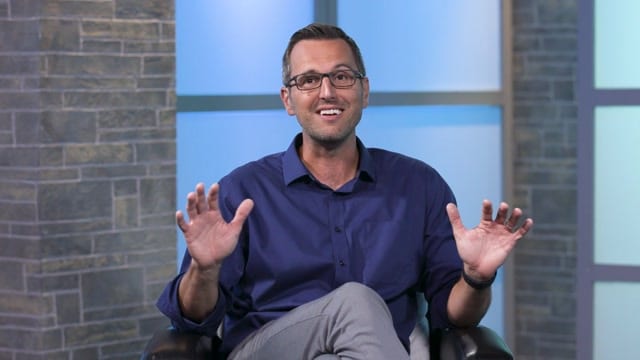
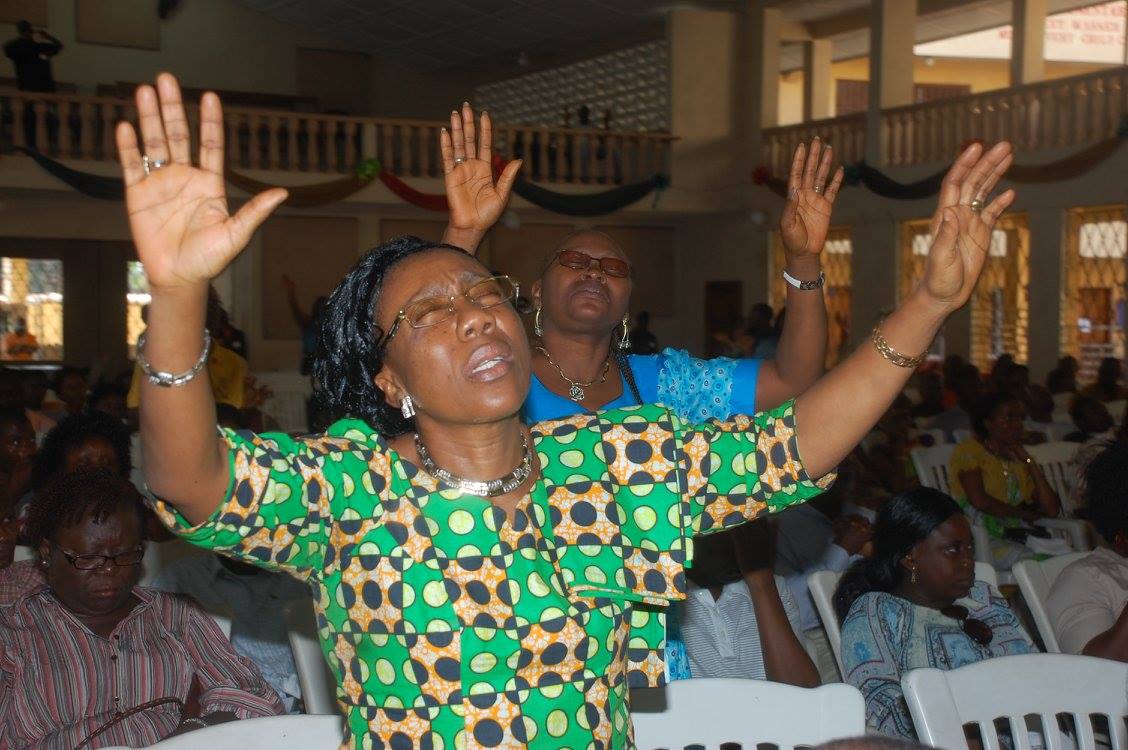
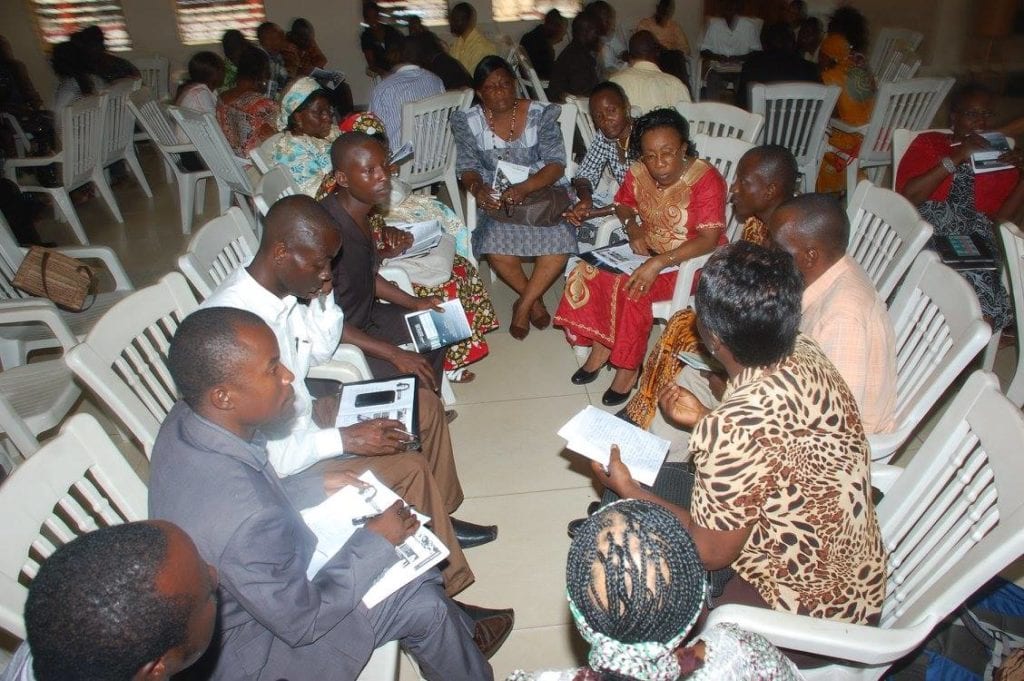 As a result of the war, she explained that a lot of people fled. Those who fled not only had finances but were also blessed with education. “They’re usually the first people who run away or leave when there is a civil crisis because they have the means to get out,” Katurah explains. “Most of them have not returned. There is a big gap in terms of human resource development and in terms of visionary leaders. Youth experienced a lot of devastation because many of them were child soldiers and fighters. It left a hole in the midst of our society.”
As a result of the war, she explained that a lot of people fled. Those who fled not only had finances but were also blessed with education. “They’re usually the first people who run away or leave when there is a civil crisis because they have the means to get out,” Katurah explains. “Most of them have not returned. There is a big gap in terms of human resource development and in terms of visionary leaders. Youth experienced a lot of devastation because many of them were child soldiers and fighters. It left a hole in the midst of our society.”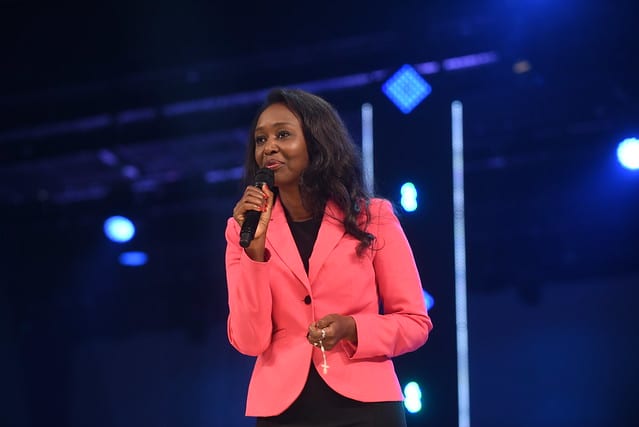 Because of the war, Katurah recognizes that what Liberia needs now is reconciliation. Immaculee Ilibagiza, a genocide survivor from Rwanda, and a former GLS faculty member, has made an incredible impact on the country and its path of transformation. “We play that tape almost everywhere we go, regardless of what’s on the menu,” said Katurah. “Why? Because she brings up the whole issue of reconciliation, healing and forgiveness, which are strongholds in my country.
Because of the war, Katurah recognizes that what Liberia needs now is reconciliation. Immaculee Ilibagiza, a genocide survivor from Rwanda, and a former GLS faculty member, has made an incredible impact on the country and its path of transformation. “We play that tape almost everywhere we go, regardless of what’s on the menu,” said Katurah. “Why? Because she brings up the whole issue of reconciliation, healing and forgiveness, which are strongholds in my country.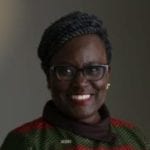
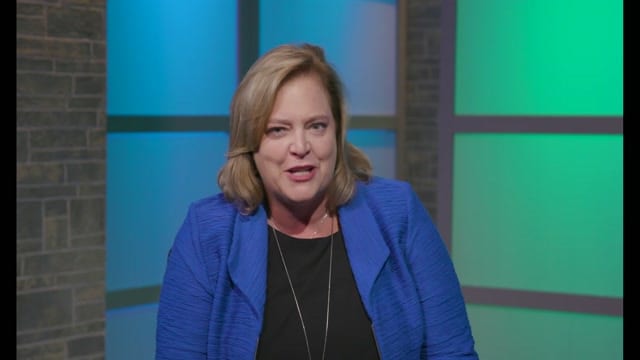
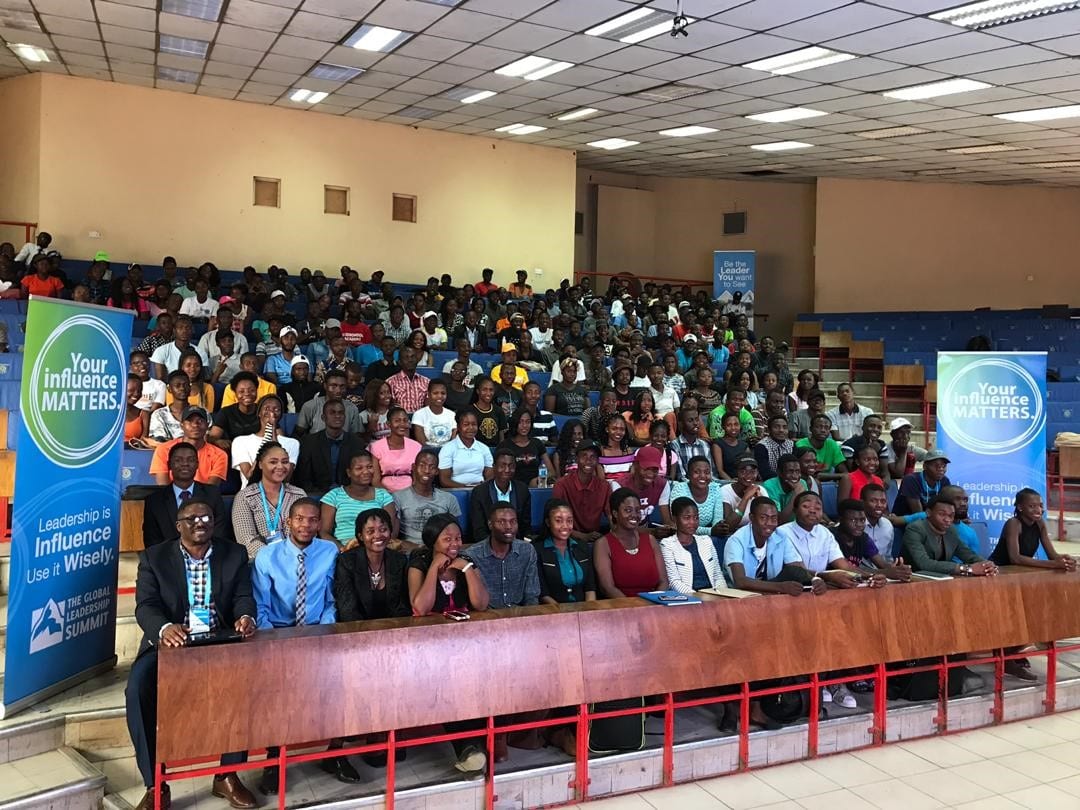

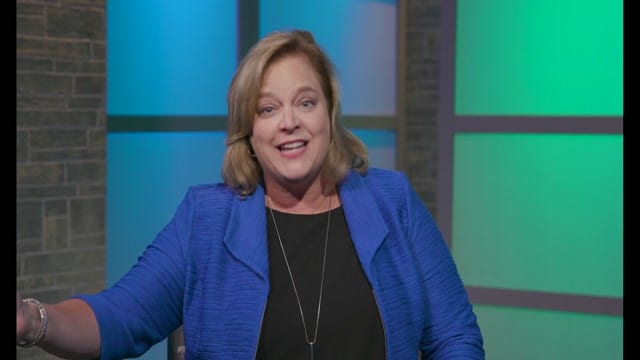


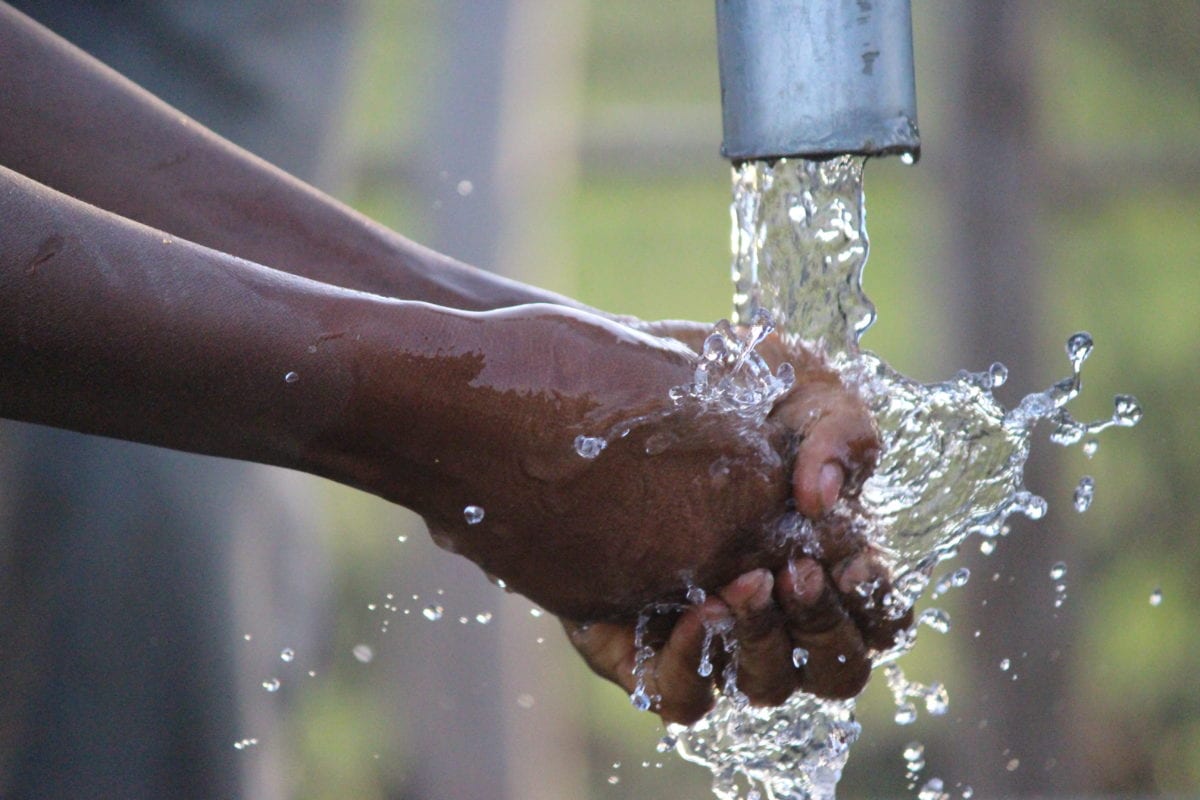
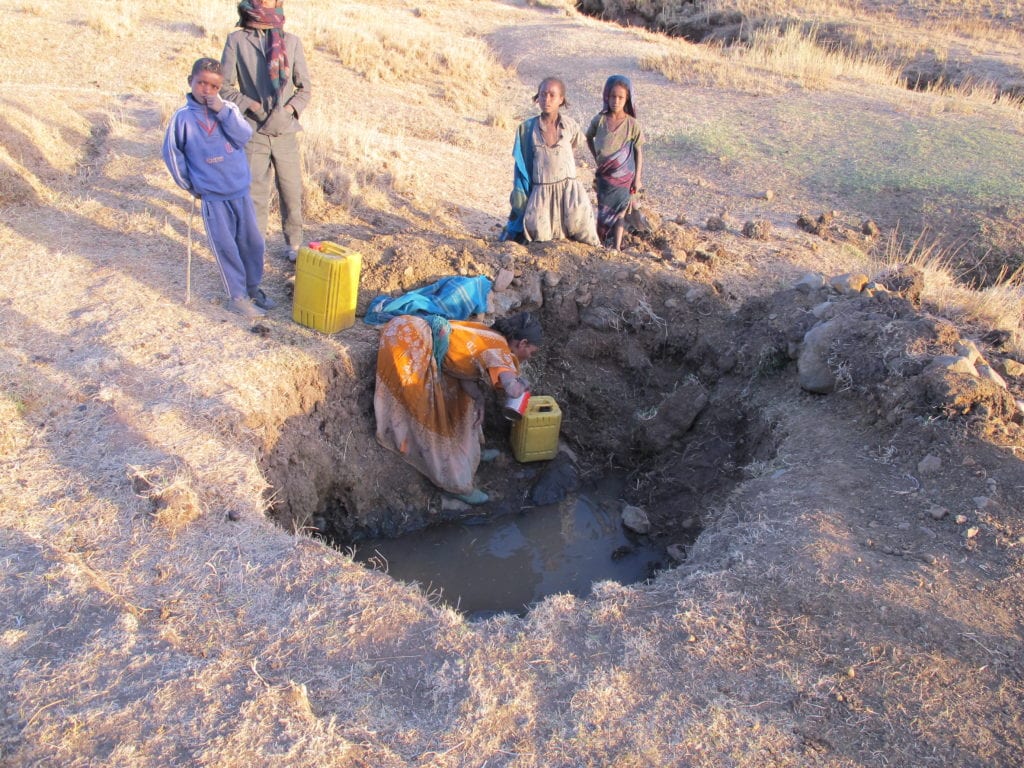 I think one of the most amazing things that happens when we surrender ourselves to God’s will in our lives is that He doesn’t just toss us out there and expect us to perform the task using our own knowledge and expertise.
I think one of the most amazing things that happens when we surrender ourselves to God’s will in our lives is that He doesn’t just toss us out there and expect us to perform the task using our own knowledge and expertise.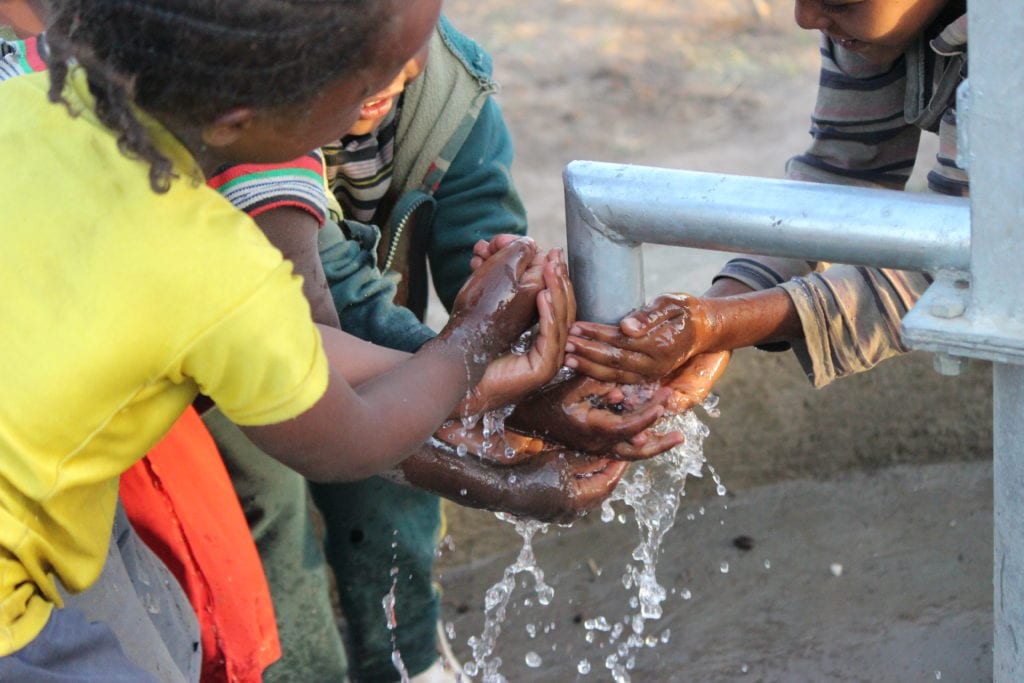 I knew absolutely nothing about bottling water, marketing it, drilling water wells or operating drilling equipment. However, God put the right people in my path exactly when they were needed to accomplish the task that God expected of us at that time.
I knew absolutely nothing about bottling water, marketing it, drilling water wells or operating drilling equipment. However, God put the right people in my path exactly when they were needed to accomplish the task that God expected of us at that time.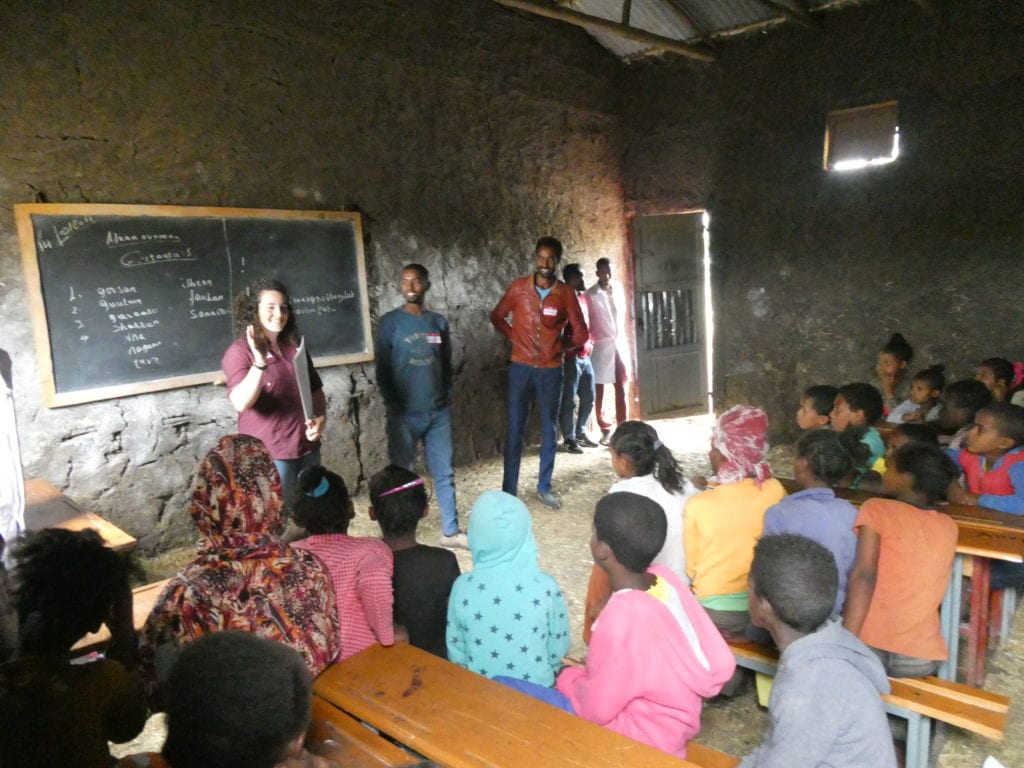
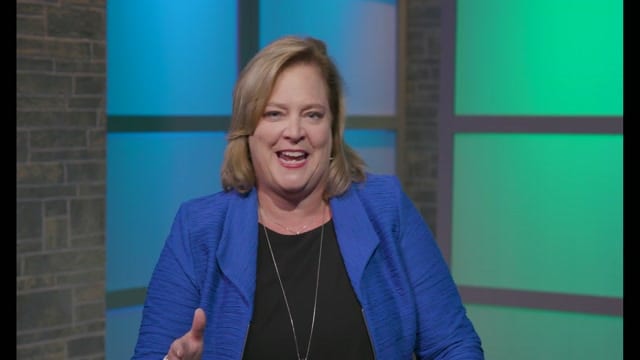
Recent Comments